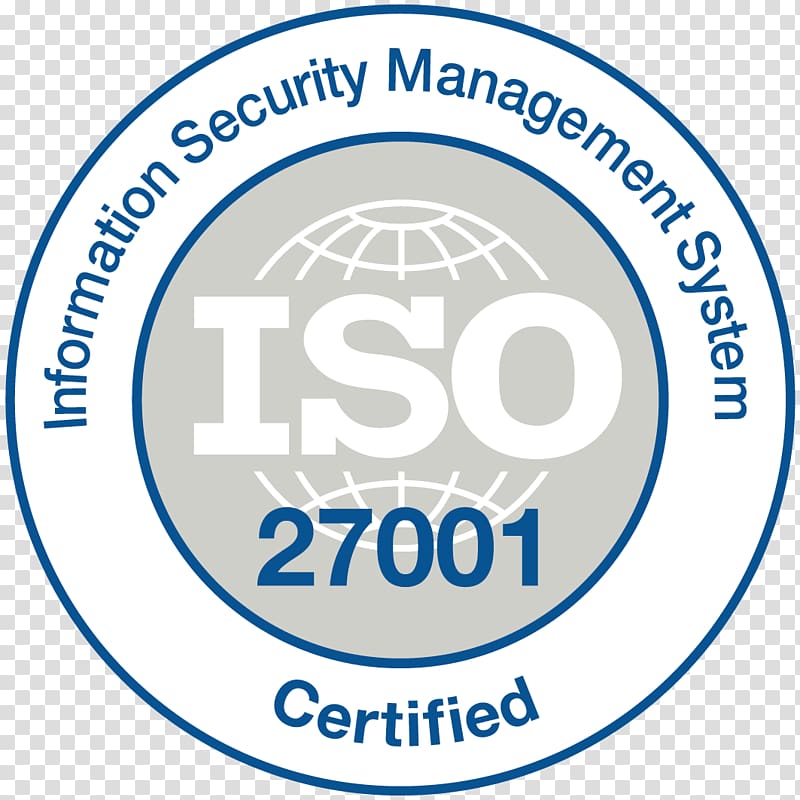
Choosing a provider that is well-known in the industry will give you the best chance of finding work.

New TESOL courses are popping up all the time (often for extremely low prices) and may not have much standing with employers abroad or online. You also want to check out how long the course provider has been around for.

If a provider is suitably accredited then the qualification should be recognized internationally. This very much ties in with accreditation. Doing a course that consists of hundreds of hours of TESOL training is unnecessary if it isn’t tailored to your aims. If you want to boost your CV the best way of doing this is to complete a 120-hour TESOL course and add on specialist training in areas you’re aiming to go into. The more hours the better, right? Not necessarily. With most employers – both abroad and online – requiring teachers to have a 120-hour qualification it’s recommended to take a TESOL course with at least these hours. Most good providers of TESOL certification programs seek out accreditation from established bodies that will accredit a wide range of different course providers. When you look into an accrediting body you want to easily be able to find two things: 1) the list of providers they accredit, and 2) information about their criteria and processes. You can check out our cheap TEFL certification program, which is fully accredited by ACCREDITATION. An easy way to spot less reputable accreditation is if the body only appears to accredit TEFL providers or other course providers that you can find advertised on budget sites like Groupon. What you’re looking out for is accreditation from established external bodies. There is no over-arching accrediting body for TESOL, so while many course providers can claim to be accredited it’s important to do a little digging yourself. AccreditationĪccreditation is quality assurance and it really is key when choosing a TESOL certification provider. Let’s take a closer look at each of these points. There are a lot of different TESOL certification courses out there so it can get a bit confusing.

TESOL certification: what is it, why do you need it, and how do get it? In this guide, we’re going to cover all you need to know about getting TESOL certified, so let’s dive in first with the essentials! What is TESOL?


 0 kommentar(er)
0 kommentar(er)
